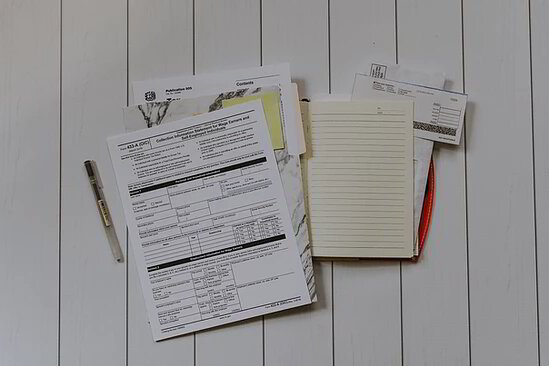In investments, it is inevitable at some point to be holding some cash in your accounts, regardless of how much you have invested. It could be from dividends, routine contributions, or even proceeds from a sale. So, when that cash hasn’t gone anywhere, what happens to it in the meantime?
The cash in question is possibly earning interest and/or dividends, depending on how it’s been invested and how much has been invested. This is because investment firms typically transfer that cash into investments that provide for liquidity daily—a cash sweep program, if you will. Depending on which investment firm we’re talking about, cash sweep programs tend to vary from one another, and that’s why it is important to learn how your money investment firm handles cash sweeps. How does it work?
In this not-so-common situation, the financial jargon works well enough to be understood. Cash sweeps happen when the investment firm “sweeps” your uninvested cash balance into a “dustpan,” which could be one of several mutual fund offerings, or FDIC-insured accounts held at a single bank, or a network of banks. From this cash sweep, you can receive an interest or dividend payment at the end of every month. While this cash is moved around, it is still accessible to you if you ever decide to make longer term investments. Remember these tips: Remember that crediting rates may vary. What you earn in interest or dividends from cash sweep balances are variable depending on your chosen investment firm’s cash sweep program. This is because of the varying types of investments that the cash sweep utilizes and the money paid for your cash sweep balances. Make yourself aware of fees. Nothing is free, so your investment firm or broker is likely charging you a fee to offer cash sweep services. Make sure you know what you are earning and how much it is costing you. Not everything you earn will make you rich. In particular, not cash sweep programs. Just remember that every small effort you make towards building your wealth is an effort that counts.
All investments carry some level of risk including the potential loss of principal invested. This publication is not intended as legal or tax advice. Financial Representatives do not give legal or tax advice. Taxpayers should seek advice based on their particular circumstances from an independent tax advisor. Wishing you peace to your mind, wellness to your body and tranquility to your spirit. Namaste, Rochel Marie Lawson, RN, AHP, CMS The Queen of Feeling Fabulous




